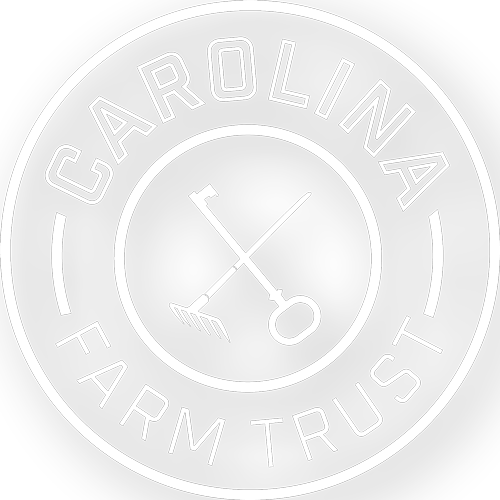Women in Agriculture: Changing the Face of Farming One Acre at a Time
Agriculture has long been seen as a male-dominated industry, but that’s changing—fast. Today, women are not just participating in agriculture; they are leading it, innovating within it, and transforming it to meet the needs of their communities. From small urban plots to large regenerative farms, women are growing food, growing businesses, and growing power.
At Carolina Farm Trust (CFT), we see this shift as a vital part of building a more just, sustainable, and inclusive food system. Our work is rooted in uplifting historically underrepresented communities in agriculture—and that includes women.
The Rise of Women Farmers
According to the 2017 USDA Census of Agriculture, women now account for 36% of all U.S. farmers. More and more women are now involved in making decisions about land use, crop and livestock production, and business operations. This is not


